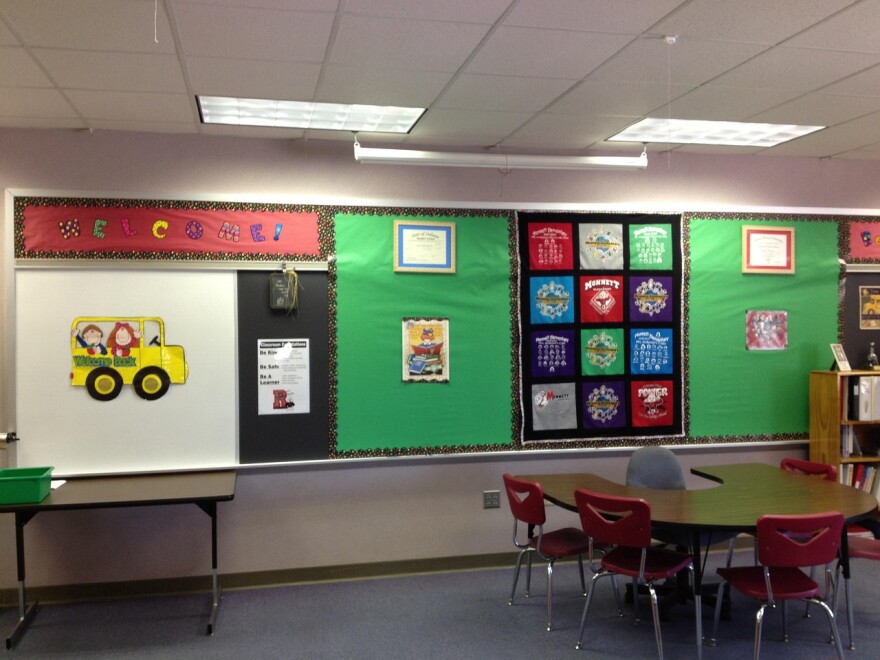The Kentucky Department of Education’s Principals Advisory Council met recently to discuss what schools can do to increase teacher retention.
Veda Stewart is director of the Division of Educator Recruitment and Development in KDE’s Office of Educator Licensure and Effectiveness. She said the leadership style and actions of school principals directly influence a teacher’s decision to stay at or leave a school.
“It feels like it’s some pressure on the principal, but it really is power that principals and school leaders have an opportunity to create opportunities for teachers to really want to stay in the schools where they are. It is about the culture and the wonderful leadership styles that bring that to life,” said Stewart.
Principals from schools across the state discussed the things they do to increase teacher retention. Teachers at Fayette County Public Schools rotate a gratitude journal. Educators write down something at their school they are thankful for and hand it off to a coworker within 48 hours. Jefferson County schools give the Teacher Upbeat survey twice a year, which allows educators to give feedback about their work environment.
Sarah Snipes, director of the Division of Innovation in KDE’s Office of Continuous Improvement and Support, updated council members on the KDE’s reimagined assessment and accountability model.
“Just want to center my conversation with you today around this question: How could this guide help you tell a more complete story of student success beyond test scores and ensure that story is owned by our schools and communities,” said Snipes.
The KDE convened the Kentucky United We Learn council in 2022. In January of 2024, the council started reworking the Commonwealth’s accountability system. Last May, they launched a new model framework for assessment and accountability that officials said is built on local innovation, shared ownership, and vibrant learning experiences.
Snipes said the KDE is encouraging more districts to design their own model using the new Local Accountability Design Guide and Toolkit. She said the toolkit supports districts in designing systems that elevate student agency and vibrant learning experiences and reflect community values and priorities.

